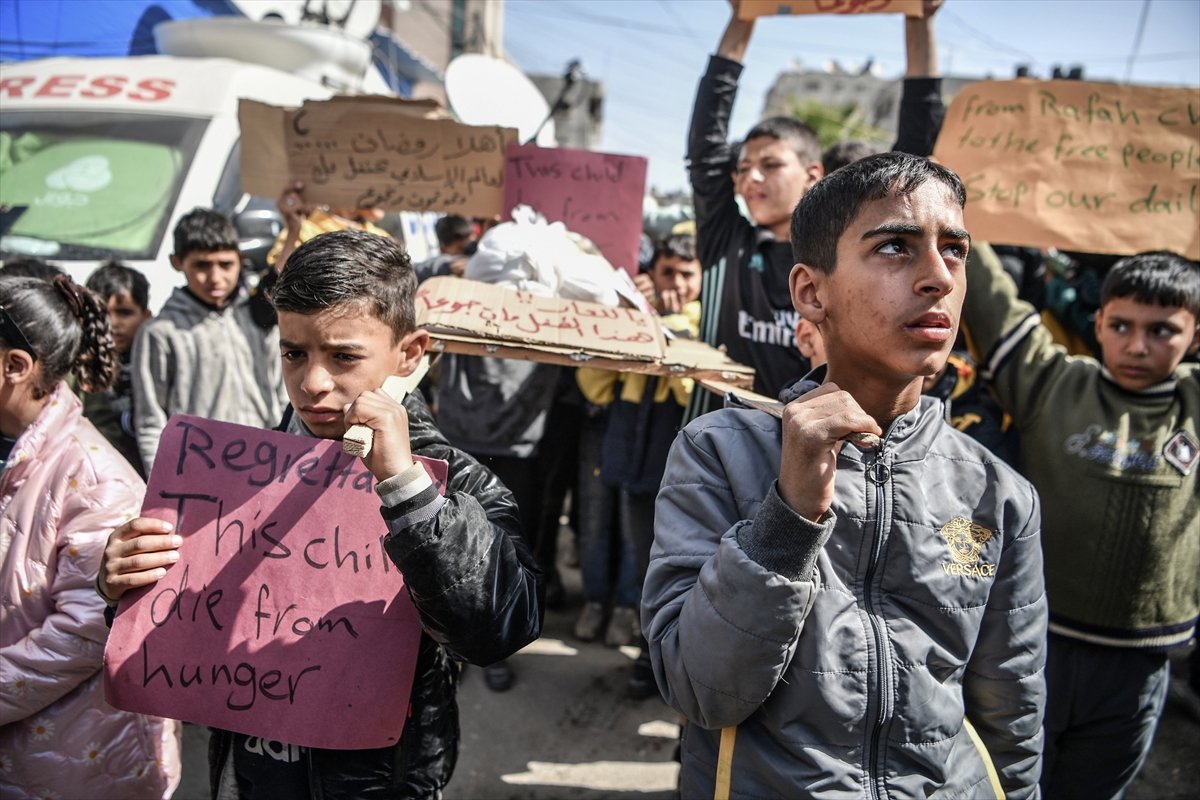Avoid New Shoes and Care for Your Mental Health: Staying Well on the Hajj
The Hajj is an annual Islamic pilgrimage to Mecca that every eligible Muslim should complete at least once in their lifetime. While it is a deeply spiritual experience, it can also be physically demanding and mentally challenging due to the long distances to be walked, crowded conditions, and unfamiliar surroundings.
Prepare Both Spiritually and Physically
Pilgrims devote themselves to spiritual readiness for this sacred journey, but matching that with physical preparation is equally important. It is wise to begin an exercise routine well before traveling – for instance, incorporating regular aerobic activity and opting for stairs instead of elevators. This can help build stamina for the extensive walking, sometimes up to 25 kilometers (15 miles) per day, that the Hajj requires. Ensuring your body is used to being on your feet can help you avoid unexpected physical strain.
Beat the Heat with Smart Choices
During the Hajj, temperatures can soar to around 45°C (113°F). The excessive heat places additional stress on the heart, particularly when the body works hard to regulate its core temperature. Wearing white or light-colored clothing and using a UV umbrella can help reflect sunlight and keep you cooler. In addition, using oral rehydration solutions to replace lost electrolytes and taking frequent breaks in the shade will help manage the heat stress during long days outdoors.
Choose Comfortable Footwear
Your choice of shoes is critical. New shoes may not be ready for the extensive walking involved, so breaking them in is essential to avoid blisters. Comfortable sandals or sliders work well on the smooth, paved areas, such as the courtyards of the Grand Mosque. However, in more rugged areas like Muzdalifah and the rocky slopes of Mount Arafat, sturdier, closed-toe footwear might be preferable. Selecting shoes that fit well and are suited to a variety of terrains can significantly improve your overall experience.
Practice Good Hygiene
The intense crowds during the Hajj can make it easier for respiratory infections to spread—a phenomenon sometimes referred to as the “Hajj flu.” Pilgrims are advised to maintain proper hygiene by washing their hands frequently, covering coughs and sneezes with their elbows if tissues are not available, and keeping personal items clean. Observing these practices can help protect your health and that of those around you.
Nurture Your Mental Well-Being
Besides physical preparedness, it is vital to look after your mental and emotional health. The pressures of fulfilling religious rituals, adapting to a different environment, and enduring long days away from familiar comforts can be taxing. Remember to rest when needed, find moments of calm in prayer or meditation, and stay connected with loved ones back home. Focusing on gratitude for the opportunity to embark on such a transformative journey can alleviate stress and help maintain inner peace throughout the Hajj.
Balancing rigorous preparation, smart practical choices, and mindful self-care will help ensure that both your body and mind remain strong during this sacred pilgrimage.

Embracing Faith, One Insight at a Time!
The teachings of the Quran have always guided my path. With a deep passion for Islamic knowledge, I strive to blend the wisdom of tradition with the relevance of today, making the timeless messages of Islam accessible and meaningful for everyone.
Muslim Culture Hub is my platform to share historical insights and thought-provoking articles, exploring both well-known and lesser-discussed aspects of Islamic culture and beliefs. My mission is to create an inclusive online space where everyone can learn, strengthen their faith, and connect with the profound message of Islam.
Join the journey!
May peace be upon you.








